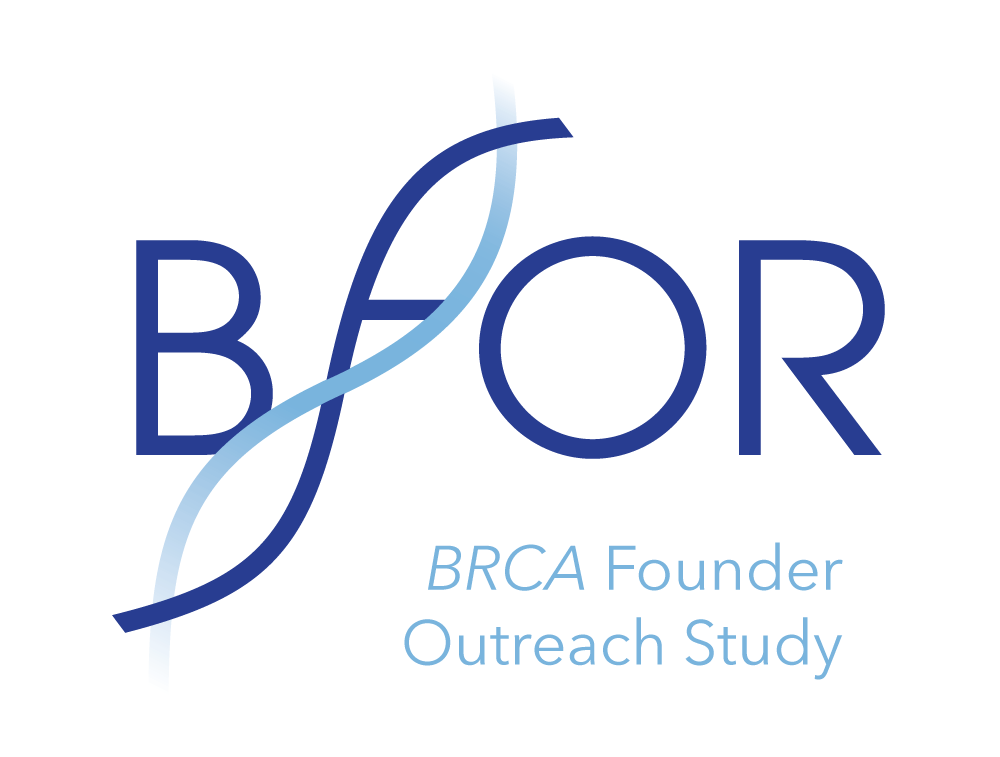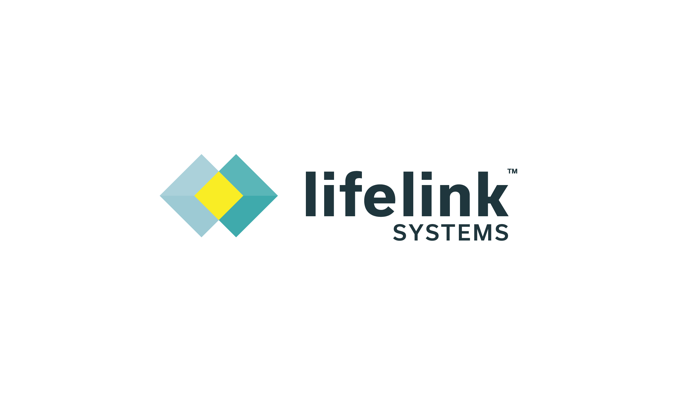Digital assistants supported trial education, enrollment, consent, and site referral in recently completed BRCA cohort study.
San Francisco, CA — September 13, 2022
Lifelink Systems today announced that its conversational technology platform was successfully deployed to help examine the impact of using modern digital technologies as part of a genetic BRCA genetic screening initiative among Ashkenazi Jewish individuals. The study results have been published and concluded that although continued follow-up is needed, internet-enabled outreach can expand access to targeted genetic testing using a medical model.
The BRCA Founder Outreach Study (BFOR) observational study was run across 4 cities in the United States, from December 2017 to March 2020. Individuals aged ≥25 years with ≥1 Ashkenazi Jewish grandparent were offered enrollment. Participants consented and enrolled online with chatbot and video education, underwent BRCA1/2 Ashkenazi Jewish pathogenic variant genetic testing, and chose to receive results from their primary care provider or study staff. The study achieved 135% of its accrual targets, recruiting 5,412 participants.
“Back in 2016, the BFOR research team was looking for ways to uncover a new innovative model to increase access to BRCA genetic testing,” said Greg Johnsen, CEO of Lifelink Systems. “This first-of-its-kind study demonstrated that conversational technology is very effective at helping patients navigate complex decentralized clinical trial processes and can be superior to other kinds of technology in terms of ease of use and retention.”
“These results show that unified, end-to-end digital engagement approaches can play a role in expanding access to BRCA genetic testing,” said Dr. Kenneth Offit, a Principal Investigator of BFOR.
The technology platform delivered strong engagement and satisfaction rates. Highlights include:
-
5,193 patients successfully completed eConsent via a first-of-its-kind conversational consent experience
-
77% participation retention from site referral to enrollment
-
99% of participants self-scheduled BRCA lab tests <1 hour after completing enrollment
-
88% completion of 1 year Patient Reported Outcome survey
-
339,000+ discrete participant data events were tracked
-
96% of patients reported strong satisfaction using the Lifelink Systems platform
“The race to develop new drugs and treatments is intense, and the explosion in protocol complexity and study endpoints demands advanced digital technology to drive necessary speed and scale,” added Johnsen. “Conversational AI blends the power of the smartphone with simplicity of language, which lowers the complexity hurdles for everyone from study awareness through retention, regardless of their demographic or geographic situation.”
The BFOR study concluded in 2020 and the full manuscript is available in the Genetics in Medicine Journal here: https://www.gimjournal.org/article/S1098-3600(21)05368-5/fulltext.







